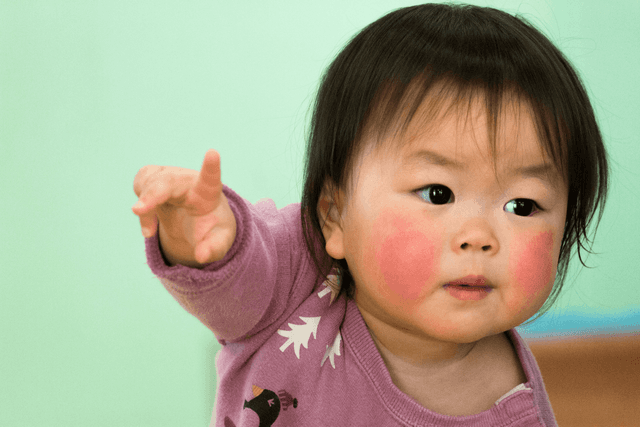COVID-19
Practice
How the pandemic is changing children’s play

Freya Lucas
Sep 24, 2020
Save
Children seem to have the magical capacity to see the world in its beauty. Experiencing the sky from the perspective of a flower or a bee, a capacity to breathe slowly and smell a hundred different smells, while listening to leaves rustling in the trees. For a child, the vibrant colours are clearer, and time seems to stand still...
When I look back on my own childhood, my recollections are quite different to the play I see in children today.For me childhood was a time of freedom, discovery and initiative. I do not remember all the expensive toys I was given throughout my childhood, but I do have a strong recollection of a beautifully made cubby from a cardboard box.
When I look back at the time I spent in my cubby as a child, and reflecting on the work of play I was engaging in, I see myself assimilating my life experiences and dreams.
Living in a high rise, I always wanted to live in a pretty house like some of my friends, so my cubby was a way of creating my imaginary world. Working in early childhood I see these life experiences and dreams through the eyes of today's children and I have to say at times I'm in awe of their creativity and resilience, however I'm also concerned with how quickly children are growing up.
With the recent pandemic, I have seen play change dramatically.
Just the other day I overheard a small group of children in the home corner talking about how their baby had the virus and was going to die if they did not get an injection. I watched on as concerns for the doll's health quickly changed to happiness, as they pretended to inject the doll. The calm nature of this quite serious situation captivated me, the children had taken on the responsibility of saving a life, but it seemed they were unaware of the magic in their work.
It was Carla Rinaldi, a pedagogical leader in the schools of Reggio Emilia, who said "children are born searching for the meaning of life, the meaning of self in relation to others and to the world, the meaning of their existence, the meaning of conventions and customs, and the rules and answers we provide."
Children do not just play to pass time; it is a way of expressing ideas and feelings in the context of what is currently happening in their life and in society.
Community and environmental influences have always been provocations in children's play, whereby acting out what they have seen and heard. I suppose when I look back at my childhood, the prominent influence was nature as I spent most of my time outdoors, not in front of a screen or listening to my parent’s current concerns. When I asked colleagues about their childhood, it was much the same, play was fun, and it nurtured relationships with the people and places around them. One colleague mentioned that she used leaves to symbolise her family, putting them in her pocket as a way of connection, others talk about connection to nature and a feeling of freedom, and the seriousness of life was never acted out in their play.
After listening to their perspectives of play and reflecting back on my childhood, it was clear however, that the seriousness of play was never in question. Play was a way of life; it was what we did.
The current lockdown in Victoria and the closure of all playgrounds, has taken away children's opportunity to play with others for the time being, and children have had to find other ways to connect with their peers.
Spoonville, a current childhood phenomenon, has been a way to connect with the local community during the pandemic lockdown. I have walked past many wooden spoons that have been created by children in my suburb, and today I was able to speak to two youngsters about their small village of cutlery. They were immensely proud of their spoons and were quick to point out the ones they had made, and who else had helped them to create the village.
Looking closely, I could see that the spoons were a representation of their ideas and feelings, vivid colours, happy and sad expressions and cloaked crusaders were now a community replicated within a spoon.
This made me wonder about the future of play and how the imagination of children may look after the pandemic. Will children be acting out dramatisations of the virus, as seen on the TV or from conversations they have heard?
The pandemic has provided us with the opportunity to rethink and redesign curriculum to support social interactions, creating learning spaces that offer time for children to share how they have felt during the pandemic.
Don’t miss a thing
Related Articles



















